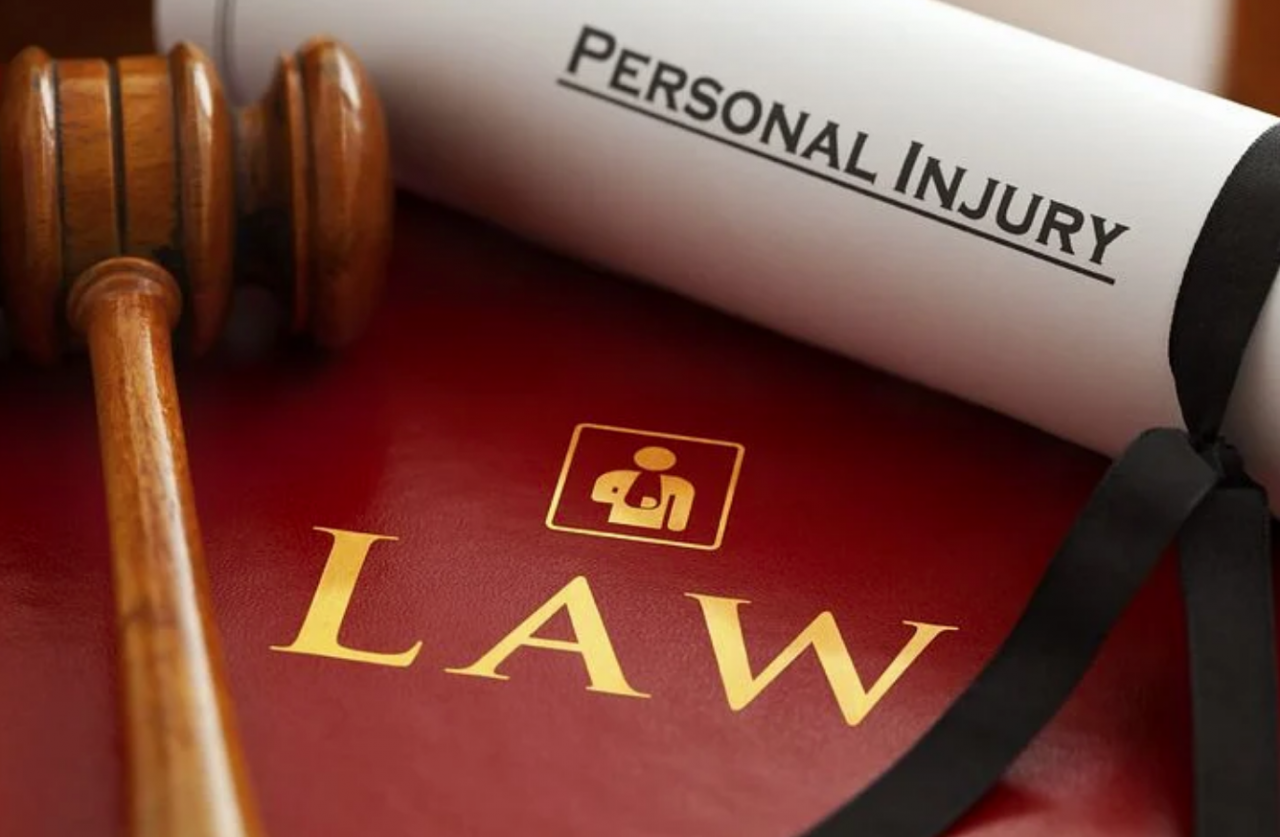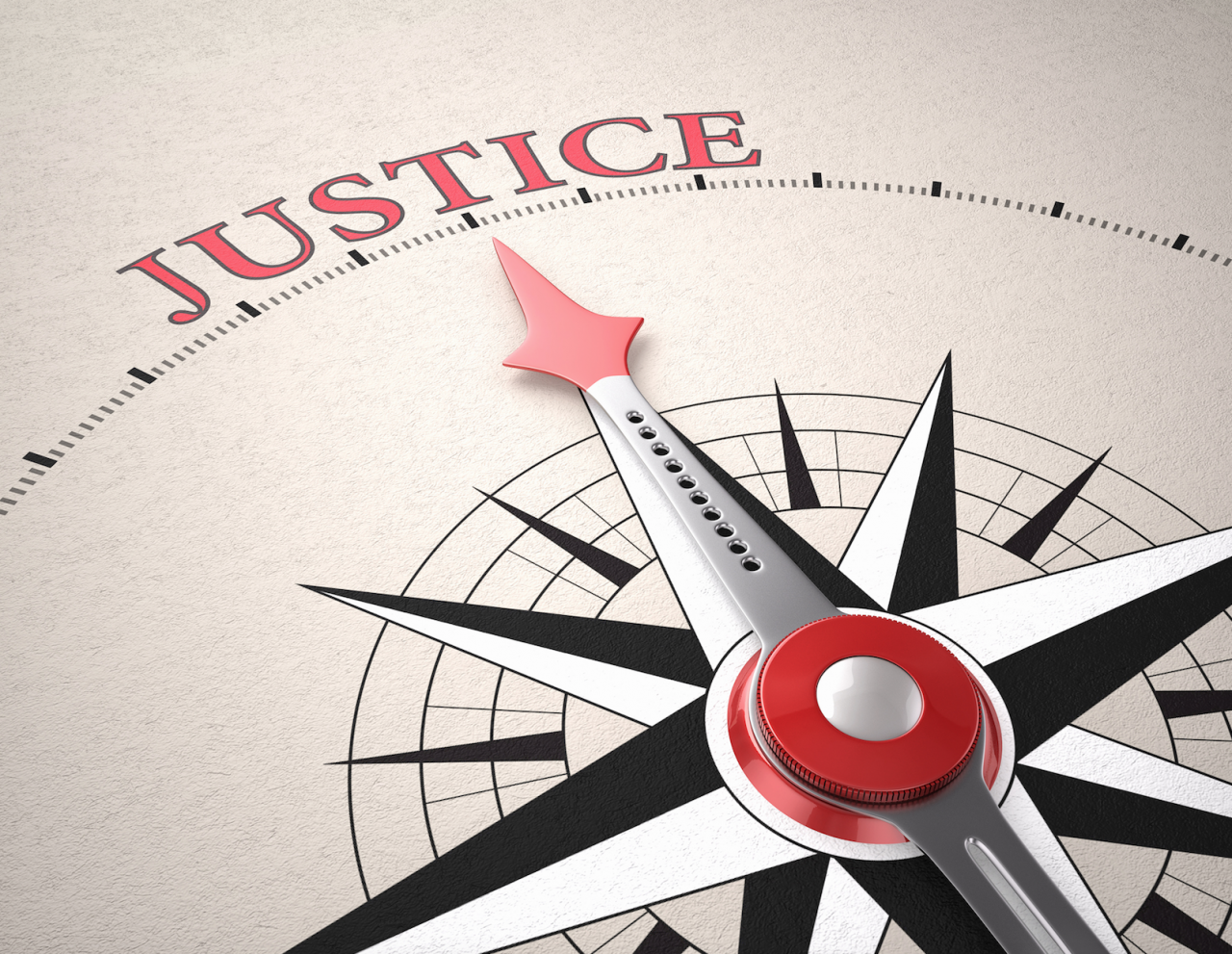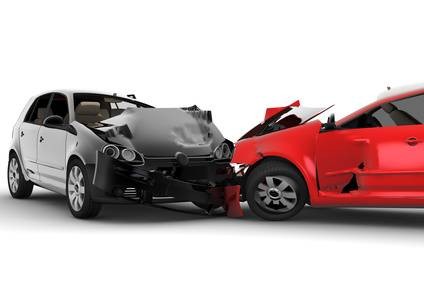If you need money due to financial hardships caused by total and permanent disability, you may be able to access funds by making a Penalty Free withdrawal from your retirement savings account.
More than one in four of today’s 21 year olds can expect to be out of work for at least a year due to a disabling condition before they reach their normal retirement age. For some, the inability to work full time will be permanent.
Workers’ compensation, short or long term disability, pensions and social security can soften the blow of losing an income to disability, but often it’s just not enough to keep up. Fortunately, there is a little known option available to people who become disabled due to a physical condition or mental illness.
Using the Disability Exception to the Early Distribution Penalty Tax for Retirement Accounts, qualifying disabled individuals can take money out of their 401(k), IRA plan, and other qualified plans, and SEP, SIMPLE IRA, and SARSEP plans before they turn 59 and 1/2 without the 10% early distribution penalty tax that normally applies.
For many workers, their largest savings, next to a home, is their retirement account, so when things get tough, they look to this savings to help with the mounting bills. The problem is, unless they are taking advantage of the early withdrawal exception for disabled workers, taking that money can come with a steep loss. Between the taxes and 10% early withdrawal penalty folks can easily lose up to 30-40% of their savings by making an early withdrawal. Depending on your circumstances, there might be a much better way to access your savings with less loss.
If you have to withdraw money early from your retirement savings due to lost income from permanent disability, there may be a better way to do it in order to maximize your dollar value.
Under the Disability Exception, the IRS allows qualifying disabled workers to take early distributions from their retirement account without the 10% penalty. On a $100,000 withdrawal that’s a potential for $10,000 in savings that can be used to pay down a mortgage, offset living expenses or help pay for necessary medical procedures.



























